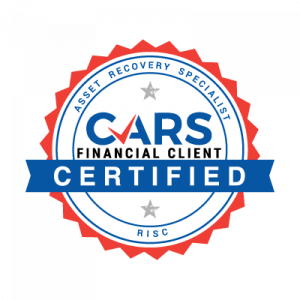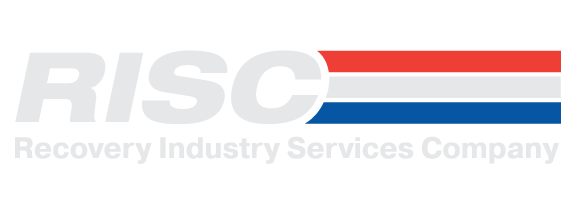TAMPA, FL 9/28/2020 – RISC, with support from the leading consumer financial law firm, Hudson Cook, LLP, have completed the 2020 update of the training certification program CARS Financial Client (CARS FC). The CARS FC certification program was created for financial clients, including national forwarding companies and lending institutions, to provide a comprehensive understanding of the state and federal laws that apply to self-help repossession. The course update aligns the content with current federal law and the addition of the Equal Credit Opportunity Act (ECOA).
RISC developed this collateral recovery training curriculum in 2017 to support industry professionals who do not perform repossessions and is updated annually. This online training program takes enrollees through all aspects of the repossession process, from government regulations to possible liability traps, and teaches best practices. The program covers topics such as:
- CFPB Oversight
- Fair Debt Collections Practices Act (FDCPA)
- Dodd-Frank prohibition on Unfair, Deceptive, and Abusive Acts and Practices (UDAAP)
- Telephone Protection Act
- Servicemembers Civil Relief Act
- Contracts
- Crimes and Torts
- And much more
CARS FC is an online course administered on the RISC Educational Platform that allows for self-paced training. Over 5,000 people are certified annually with RISC’s CARS FC, CARS, and CARS Continuing Education programs. To learn how to train yourself or your employees, contact us at [email protected].

About RISC
RISC is an organization dedicated to providing compliance oversight and training services to the collateral recovery industry and beyond. RISC advocates on behalf of all practitioners within the industry. For more information, visit www.RISCus.com or call (813) 712-7535.

